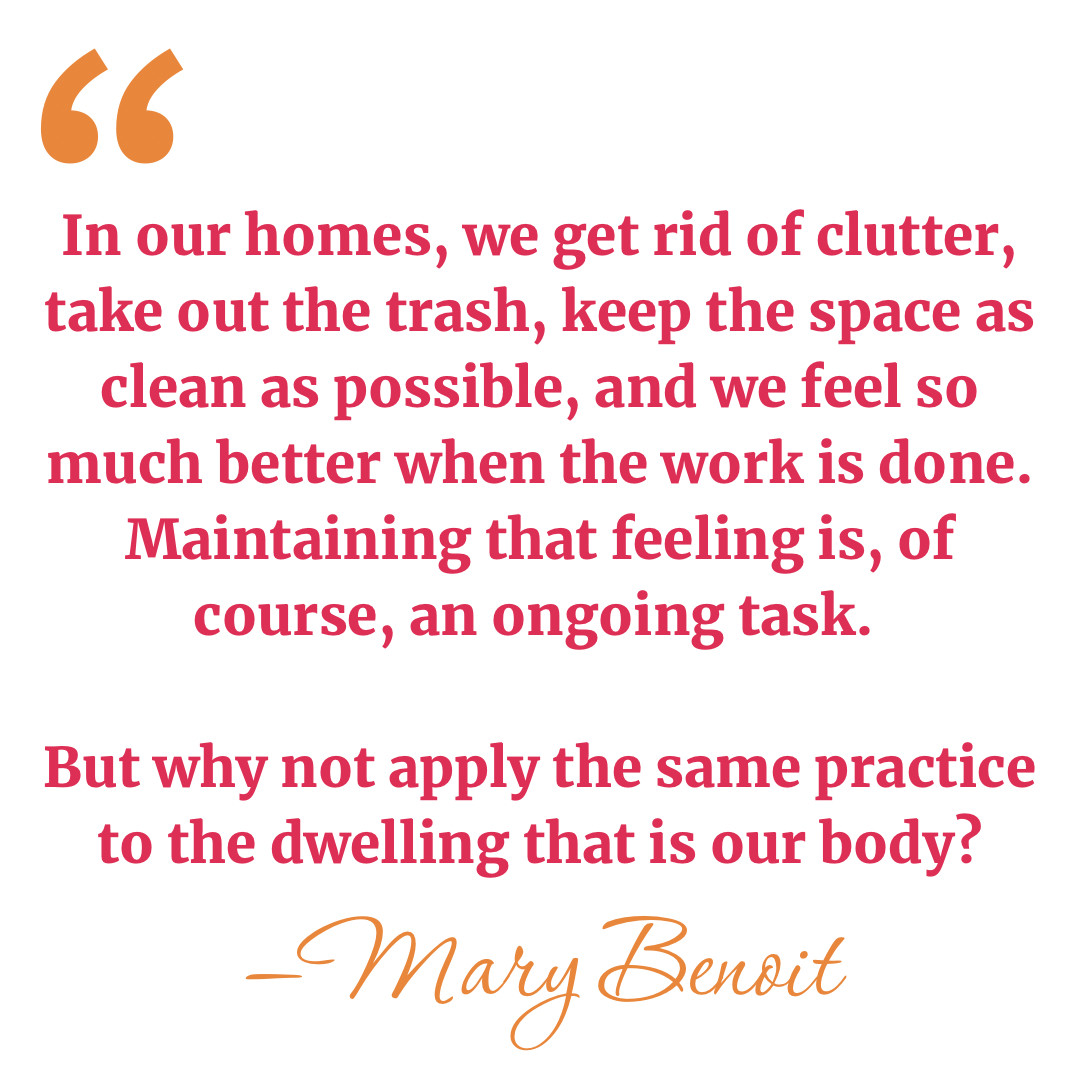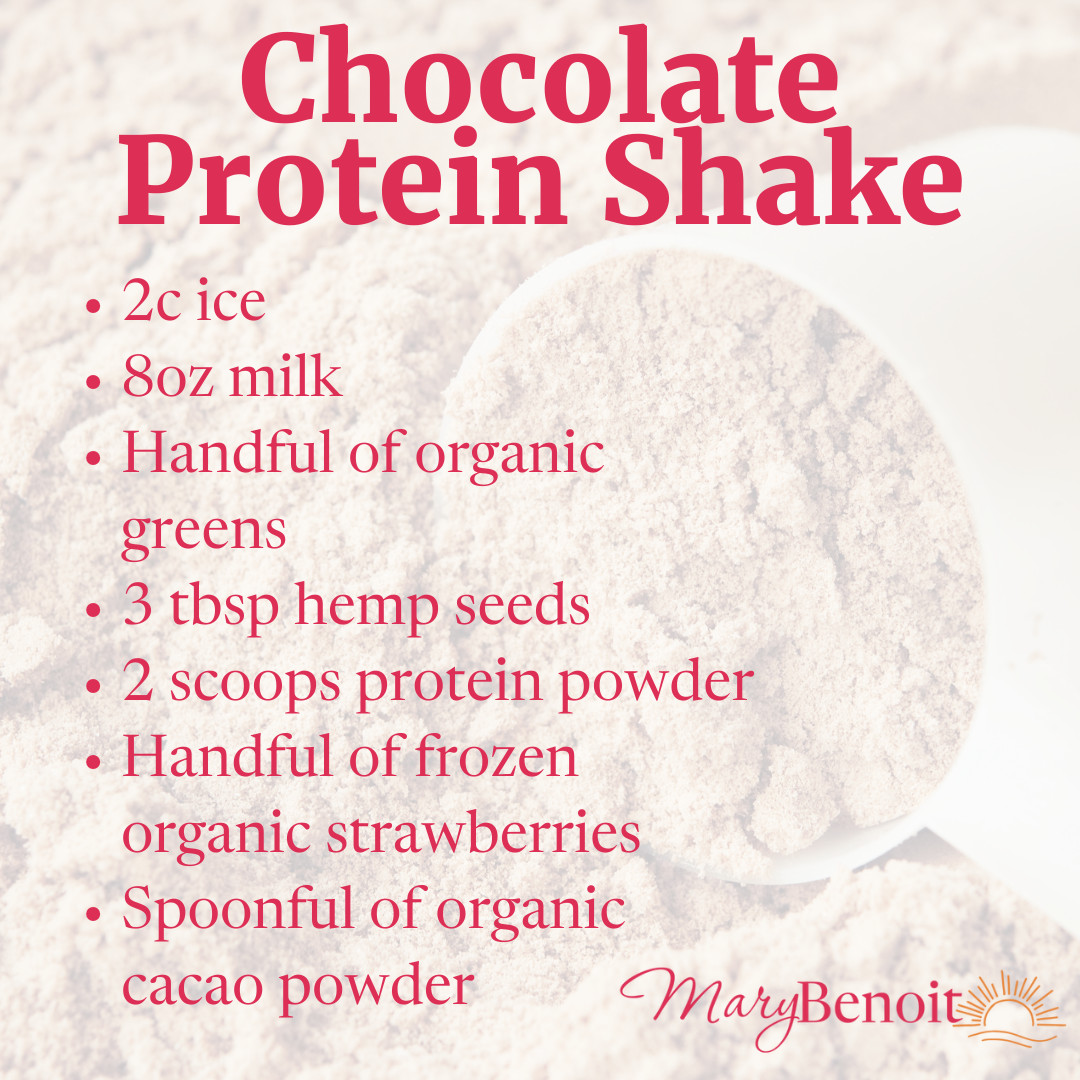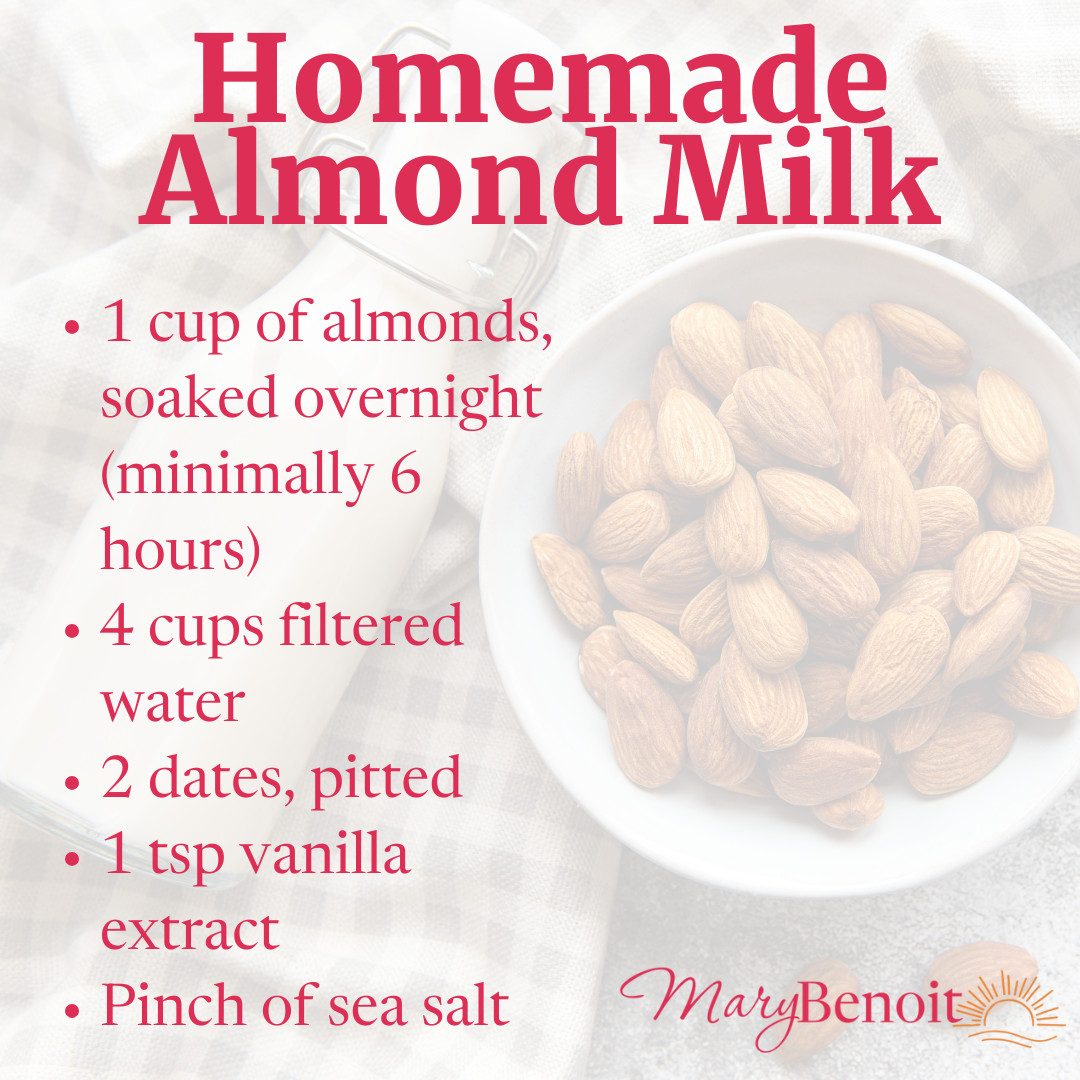There are different kinds of eczema. It doesn’t look the same for everyone. But it’s embarrassing and painful. That much is the same across the board.
For me, eczema looked like I was wearing gloves. Every single person thought it was SO odd that there was such a defined line right at my wrist. My hands would get beet red when I had a really bad flare up, and that was more often than not. This was so bad that I was asked it if was sunburn several times. Nope, it’s eczema. But it sure does burn.
If I was really lucky, the back of my hands, my knuckles, and even my fingers would crack almost like winter skin. But it was year round.
It was downright awful. And I had no idea what was causing it. The worst part? Neither did the dermatologists. They ran some tests and determined it was environmental. I was instructed to stay away from products with Fragrance, and I was prescribed a topical steroid ointment and cream.
The ointment and cream really did help a lot, but the eczema kept coming back. And those topicals were not cheap. So it came time for another prescription refill, and in an act of frustration and desperation, I decided to figure out for myself what was causing my eczema. Naturally I turned to Google: “Causes of eczema.” (And for the record, I do believe if one finds herself dependent on a prescription to cover up a symptom, she at least owes it to herself to try to find the root of the problem.)
Something came up that caught my eye. It’s called Leaky Gut. What they don’t tell you in western medical practices is that eczema is totally and completely related to the health of your gut. This blew my mind. This was a complete game changer. But this was just the beginning of the road.
This started my journey of healing my gut. For me, this looked like working with a Health Coach in her Gut Health workshop. I cut way down on processed foods, started changing out products in my home for plant-based options without chemicals, and took healing supplements like probiotics, hemp oil & detoxers.
I learned about the bacteria in your gut. How you have good bacteria and bad bacteria, and this is normal. But when the bad bacteria outweigh the good bacteria, that’s when you have issues like eczema, acne, infertility, anxiety, depression, fatigue. You know that saying about a “gut feeling”? There’s truth to that because your gut is truly your second brain. Some would argue it’s your first. When there's something in your body that feels "off," healing your gut will likely solve a lot of your problems.
I was mind. blown. when I found out everything gut health impacts. (I was also a bit upset - "WHY DID NO ONE TELL ME THIS BEFORE?") And like any health journey, it wasn’t quite linear for me. I still had work to do. There were still some missing pieces I had to pull together. But we’ll save that for next week.
For me, eczema looked like I was wearing gloves. Every single person thought it was SO odd that there was such a defined line right at my wrist. My hands would get beet red when I had a really bad flare up, and that was more often than not. This was so bad that I was asked it if was sunburn several times. Nope, it’s eczema. But it sure does burn.
If I was really lucky, the back of my hands, my knuckles, and even my fingers would crack almost like winter skin. But it was year round.
It was downright awful. And I had no idea what was causing it. The worst part? Neither did the dermatologists. They ran some tests and determined it was environmental. I was instructed to stay away from products with Fragrance, and I was prescribed a topical steroid ointment and cream.
The ointment and cream really did help a lot, but the eczema kept coming back. And those topicals were not cheap. So it came time for another prescription refill, and in an act of frustration and desperation, I decided to figure out for myself what was causing my eczema. Naturally I turned to Google: “Causes of eczema.” (And for the record, I do believe if one finds herself dependent on a prescription to cover up a symptom, she at least owes it to herself to try to find the root of the problem.)
Something came up that caught my eye. It’s called Leaky Gut. What they don’t tell you in western medical practices is that eczema is totally and completely related to the health of your gut. This blew my mind. This was a complete game changer. But this was just the beginning of the road.
This started my journey of healing my gut. For me, this looked like working with a Health Coach in her Gut Health workshop. I cut way down on processed foods, started changing out products in my home for plant-based options without chemicals, and took healing supplements like probiotics, hemp oil & detoxers.
I learned about the bacteria in your gut. How you have good bacteria and bad bacteria, and this is normal. But when the bad bacteria outweigh the good bacteria, that’s when you have issues like eczema, acne, infertility, anxiety, depression, fatigue. You know that saying about a “gut feeling”? There’s truth to that because your gut is truly your second brain. Some would argue it’s your first. When there's something in your body that feels "off," healing your gut will likely solve a lot of your problems.
I was mind. blown. when I found out everything gut health impacts. (I was also a bit upset - "WHY DID NO ONE TELL ME THIS BEFORE?") And like any health journey, it wasn’t quite linear for me. I still had work to do. There were still some missing pieces I had to pull together. But we’ll save that for next week.
If this was helpful for you, join my Facebook group where you can find more wellness tips – free of charge. <3
You can also grab my free guide on 3 Easy Steps to Lose Weight and Feel Amazing here.
So, we know skin health and gut health are closely related. Can we then make the connection that what we eat and the supplements we take can impact our skin health? Yes, absolutely!
Probiotics are huge. They’re not for everyone, especially those that are immunocompromised, like those with cancer. Anyone with SIBO (small intestinal bacterial overgrowth) is better off without a probiotic as well. Other than that, being on a probiotic is a good idea for most people.
Why is that? Because probiotics feed the good bacteria in your gut. You have good bacteria and bad bacteria in your gut. This is normal, and it’s true for everyone.
The issue that comes in is when the bad outweighs the good. The Standard American Diet (yes, that’s a thing, and it’s ironic that it spells out the word ‘sad’) is notorious for feeding the bad bacteria. It’s filled with highly processed foods, large amounts of refined sugar & way too much salt.
This is why probiotics (and prebiotics – what the probiotics feed on) are so important. This is what nourishes your gut health, which we know impacts your skin health.
So, the next question might be where can you find a probiotic, or which one you should buy? This varies for everyone. Generally speaking, high quality probiotics usually require refrigeration. And some probiotics even contain prebiotics as well! (Remember? The stuff that feeds the probiotic.)
As far as where to purchase - you can find them online or at your local health food store. I usually don't advise getting supplements from Amazon or any "major" grocery store. My favorite brands are Young Living and Nature's Sunshine.
*Update: I started taking Seed in June 2023, and I love it. Probiotics, prebiotics, and it actually doesn't need refrigeration!*
You’ll know if a probiotic is working for you because usually, if you’re paying attention to your body and you have an idea of what ‘wellness’ feels like for you, you will be able to feel a difference. You may also see a difference in your skin.
Being on a probiotic also helps with regular bowel movements, so that’s also a sign it’s working.
If for some reason the particular probiotic you have chosen upsets your stomach, I’d stop taking it and try a different one.
Keep in mind when trying a new supplement (not just a probiotic), a good rule of thumb is to give it 3 months until you decide it’s “not doing anything.” It can take a bit for your body to catch up, and it takes 3 months for a cell to change.
Like any supplement, it’s important to be consistent. I take my probiotic at night, but if you remember better in the morning, that’s fine too. Find what works with you and stick with that!
If this was helpful for you, join my Facebook group where you can find more wellness tips – free of charge. <3
I’ve been seeing a lot of people lately ask about how to support their bodies naturally through constipation. If this is you, or someone you love, keep reading!
Someone is considered constipated if they have a bowel movement fewer than 3 times a week.
Some of the first things I’d recommend to someone trying to work through this are:
1. Consider going on a probiotic and/or taking digestive enzymes.
You can ask your doctor about probiotics to see if they're right for you (probiotics are not for everyone) – BUT generally speaking they can be a helpful supplement in supporting gut health. Digestive enzymes help your body break down your food and absorb nutrients. To this day, I keep digestive enzymes in my house (and my purse!) and I take my probiotic every night!
2. Drink more water.
You might be thinking “I drink plenty of water,” but how much is “plenty”? Really you should be drinking HALF your body weight in OUNCES daily. (So, if you weigh 200 pounds, your goal should be to drink 100 oz of water every day.) Water makes up 75% of healthy stool! It’s an important part of getting things moving in the digestive system.
3. Eat plenty of fruits, vegetables & whole grains.
Refined, processed foods & white flour are not your friends here. Fruits, vegetables & whole grains provide your body with high quality dietary fiber, but they also support healthy digestive function in general. Dried plums are a secret weapon in our house, but everyone is different, so pay attention to the foods that are not serving you in this aspect. High fiber diets don't work for everyone, but getting high quality nutrients is always important. NingXia Red is a yummy whole food wolfberry puree that is jam-packed with antioxidants and is extremely supportive to gut health.
4. Try yoga!
Slowing your body down (and relieving stress!) can help get things moving, but there are also some yoga poses in particular that stimulate your digestive system and get things moving. The breathing exercises incorporated in yoga practice are also very calming to your body systems.
5. Exercise.
You don’t need to go join a CrossFit gym, but going for a 30 minute walk on a daily basis (or at least every other day!) can really make a difference. Experiment with different methods of movement and stick with what works for you. Creating a sustainable routine is key for long term success.
6. Incorporate essential oils.
Essential oils like ginger, peppermint, cardamom, anise, fennel & tarragon are extremely supportive to healthy digestive function. I only recommend Young Living oils because I know they’re safe and unadulterated. Some of our favorite essential oils to use for digestive support are blends called KidScents Tummygize (which also comes in a convenient roller bottle) and Digize. Essential oils can be applied directly to the abdomen. If needed, you can dilute the essential oil with a carrier oil like jojoba oil, coconut oil, olive oil, etc.
In more severe cases, you may need to reach out to a doctor for further support, but I encourage you to try holistic approaches before turning to laxatives or medication as this can make your problem worse.
Was this helpful for you? Let me know in the comments below! You can also request to join my new Facebook group for more tips to come – free of charge. <3












